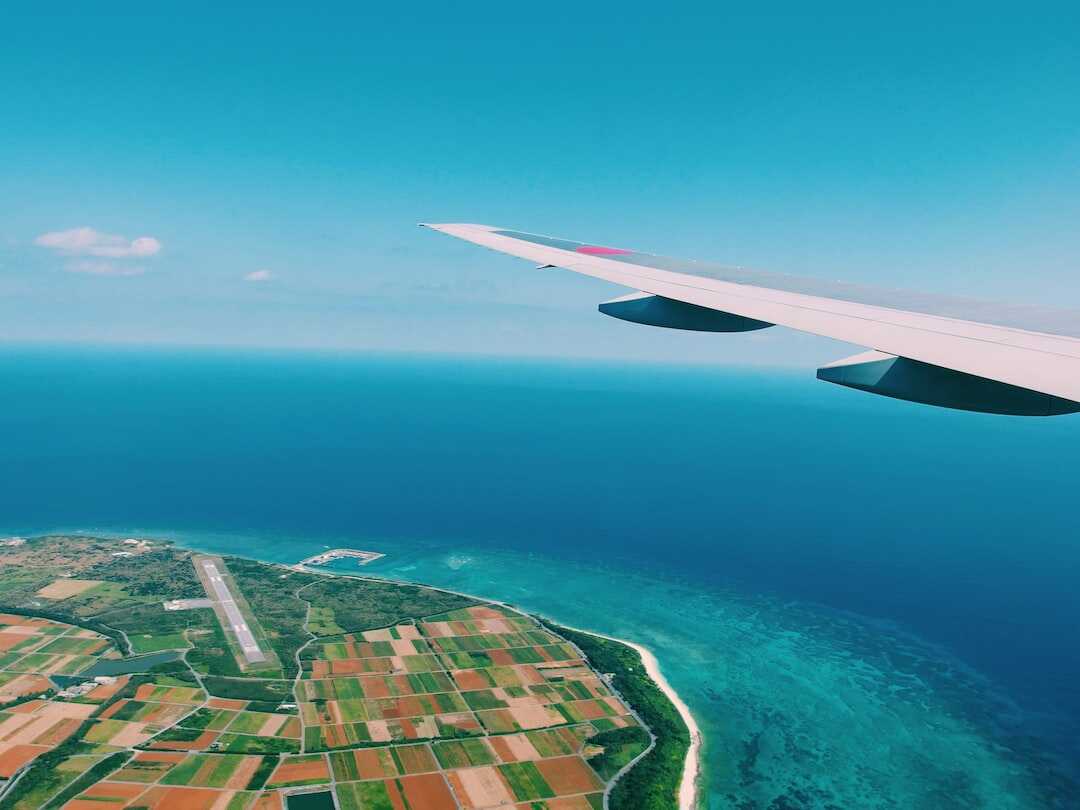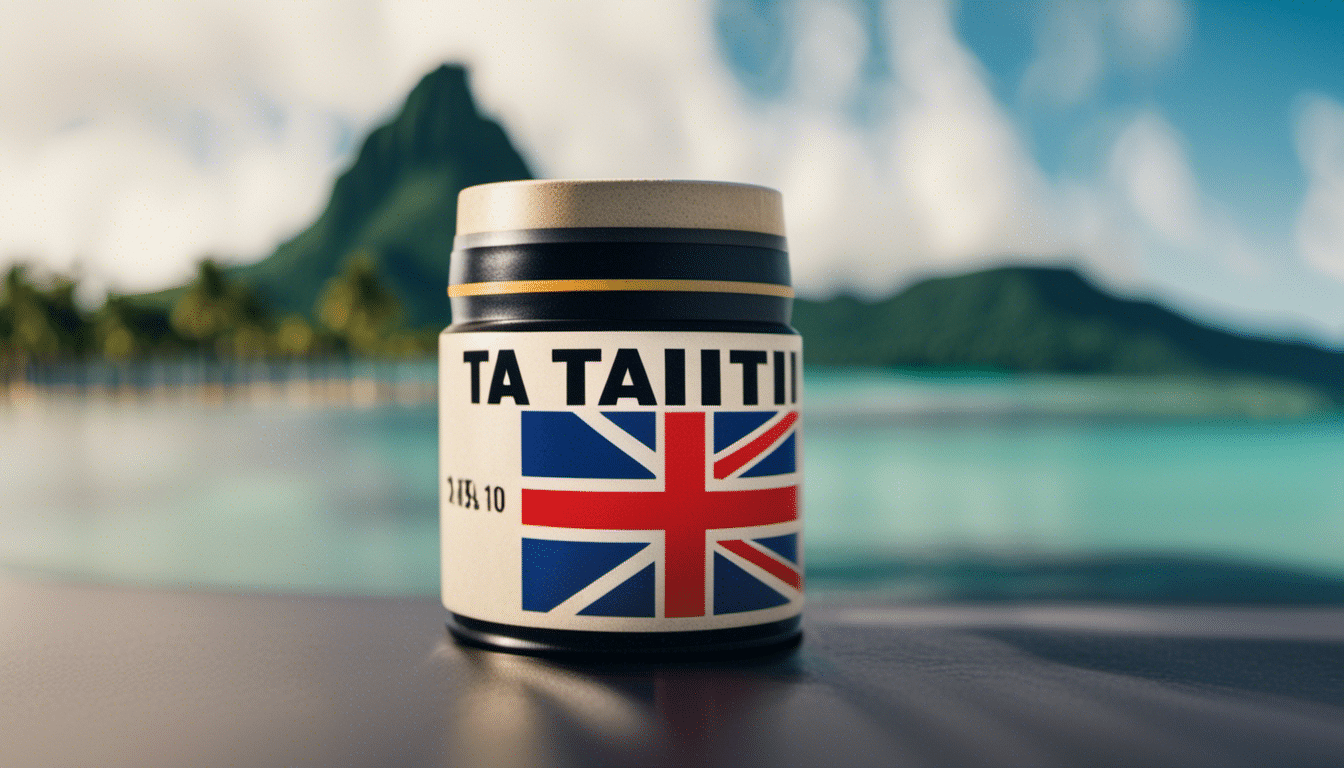When preparing for your vacation in Tahiti, it is important to fully understand the customs and formalities required to enter the country. It is therefore essential to understand all the paperwork to be provided before booking your flight and your stay. Whether you are a citizen of French Polynesia or an international traveler, this article will help you understand the documentation requirements needed for entry to Tahiti. We’ll explain what documents are needed to get you to your destination and what you need to be aware of during your stay.
Business and Visas: what do you need to know?
Travelers traveling to Tahiti for business purposes should always provide a business certificate or letter of invitation with their data. The letter should include the purpose of the trip, the expected length of stay and the name of the contact for the guest in Tahiti. It’s also a good idea to provide a detailed list of products and services the business traveler is bringing with them.
If you plan to travel longer than 90 days on business in Tahiti, you may need to obtain a visa, so be sure to check with diplomatic authorities in French Polynesia beforehand. Once accepted by the authorities, trainees on a business trip to Tahiti are also subject to immigration law and need a residence permit to stay longer than 90 days.
Visa for tourists in Tahiti
French Polynesia is very welcoming to tourists. Being a territory of the European Union, European nationals benefit from free and visa-free customs entry. Additionally, the country is visa-free for students, IT professionals and scientists from South Pacific Partnership member states.
Citizens of other European Economic Area countries, including Iceland, Switzerland, Monaco, San Marino and Schengen Area countries, can also enter French Polynesia and stay for up to 90 days with a valid passport or national identity document.
Citizens of other countries can also enter the territory of French Polynesia without a visa, but must make their request through the diplomatic authorities’ online form. The visa application form can be found on the Polynesian Government Tourism Department website and must be completed online in advance before travel.
Regulations on vaccines and food safety in Tahiti

French Polynesia is a very popular destination for international tourists and therefore it is essential to know the general health and safety measures. Travelers on a short stay in the country do not have any compulsory vaccinations, but it is always recommended to cover meningitis and mumps vaccinations for optimal protection.
During the summer, gastrointestinal issues may be incurred due to Tahiti’s hot and humid climate, and meals served in dining establishments away from the Western-style scene may not always be safe for consumption. It is therefore essential to wash food well before eating it and to check the expiration dates of food products purchased from small roadside shops or local markets.
Payments and money in Tahiti
The currencies of French Polynesia are the CFP franc and the euro, and the exchange rate is generally 1 euro for 1 CFP franc. The central bank of French Polynesia is the BCI Polynésie Française and the bank card is the Visa Electron card, which can be used in ATMs and which also allows online purchases.
ATMs can be found mainly in Papeete and the airport in Tahiti, but they are not as common on the other islands. It must therefore be taken into consideration that payment in cash is more often the accepted means.
Safety and security in Tahiti

French Polynesia is considered a very safe destination, although some basic precautions should be followed. Tourists should always be aware of pickpocketing, and for this reason valuables such as watches, cameras and various valuables should always be hidden when going out outside of hotels.
As far as safety at sea is concerned, the French reefs are prohibited for snorkeling and reservations are in place for use for a number of water activities. Travelers wishing to scuba dive should always do so with licensed professionals and should always follow applicable rules and restrictions.
Transport and travel in Tahiti
Public transportation on the island is provided primarily by Air Tahiti and Air Moorea, and the local taxi driver is available to provide transportation for tourists who cannot visit major attractions.
Tourists who rent vehicles must be over 21 years old to obtain one of the international driving licenses and in possession of the national or international cards with their data. Drivers should always be aware of one-way driving on the island and applicable road safety rules in French Polynesia.
Entry and exit taxes

Special fees are required when entering and leaving the country, and travelers staying more than 90 days in Tahiti will have to pay an island tourist tax. This tax can be paid at the airport or at the hotel, and it can vary depending on the number of nights included in the stay. For travelers transiting Tahiti, a transit visa is required and it is important to verify applicable information and requirements with the relevant authorities prior to travel.
Conclusion
Travelers can enjoy a stress-free stay in Tahiti as international travelers get more or less hassle-free access to the country. However for travelers for business and pleasure, good planning and understanding of safety rules, vaccinations and current papers are essential requirements. Customs and security regulations are very strict in Tahiti and travelers should be aware to get value for money and the most security during their stay.


























